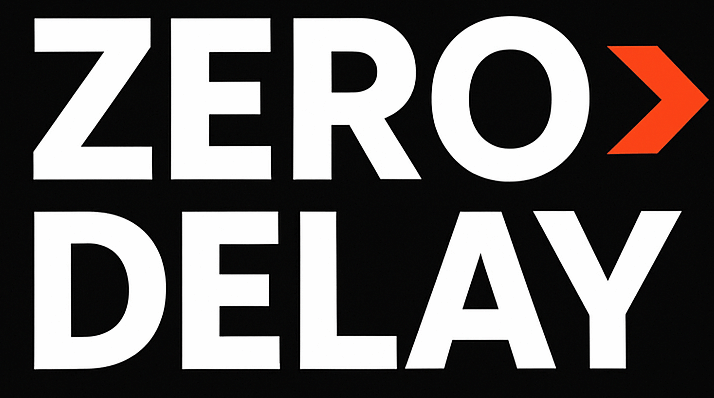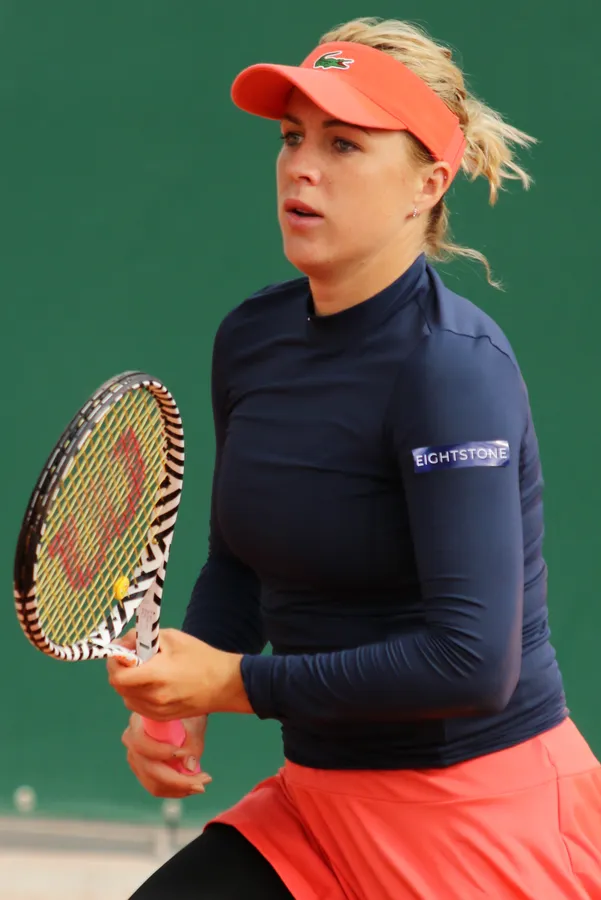Tensions ran high during the Wimbledon clash between Anastasia Pavlyuchenkova and Sonay Kartal, as a controversial decision by the match officials sparked a heated exchange. The match, which was pivotal in the round of 16, took a dramatic turn over a disputed electronic line call. Pavlyuchenkova’s frustration boiled over, leading her to criticize the umpire loudly and publicly, highlighting the ongoing debate over the reliability of electronic officiating in tennis. This incident has added fuel to the ongoing discussion about the accuracy and fairness of technology-assisted decisions in the sport.
Pavlyuchenkova Criticizes Referee After Controversial Wimbledon Call
During a tense moment late in the first set, Pavlyuchenkova was serving at 5-4 when a crucial point was called into question. A powerful shot from Kartal appeared to land long, but the electronic line system did not register it as a fault. The umpire, relying on the technology, decided to replay the point, much to Pavlyuchenkova’s disbelief. Frustrated and visibly upset, the Russian player immediately confronted the umpire, exclaiming, “It’s unbelievable. You stole my point,” as she argued that the line call was incorrect. Her protests underscored the growing mistrust among players and fans over the precision of electronic line calls, especially in high-stakes moments.
Pavlyuchenkova’s outburst was not just about that single point; it was about the broader implications of relying on technology that can sometimes fail or produce ambiguous results. Her vocal criticism reflected a deep sense of unfairness, particularly because she believed the call directly impacted the outcome of the game. Despite her protests, the umpire reaffirmed the replay decision, forcing Pavlyuchenkova to accept the replayed point, which she felt was unjust. Her frustration was compounded when Sonay Kartal managed to break her serve shortly afterward, turning the tide of the match at a critical juncture. The incident has ignited further debate over the infallibility of electronic officiating in tennis, a sport increasingly dependent on technology.
The controversy drew widespread attention in the tennis community, with many players and commentators weighing in. Critics argue that electronic line calling, while generally reliable, can still produce contentious decisions that influence match outcomes. Pavlyuchenkova’s outspoken criticism highlighted the human element behind the technology, reminding everyone that no system is perfect. Her vocal stance against the call signaled a broader call for more oversight and perhaps a review of how technology is used during live matches. As the tournament continues, the incident remains a stark reminder of the delicate balance between human judgment and technological aid in professional tennis.
Electronic Line Calls Spark Dispute in Exciting Wimbledon Match
The incident between Pavlyuchenkova and Kartal underscored the increasing role of electronic line systems in tennis, which have revolutionized officiating but are not without flaws. During the match, the electronic system failed to call what appeared to be a clear fault by Kartal, leading to Pavlyuchenkova’s contention that the technology had let her down at a crucial moment. The decision to replay the point after the disputed call further intensified the controversy, as Pavlyuchenkova believed her game was unfairly disrupted. This moment became one of the most talked-about incidents of Wimbledon, illustrating how electronic officiating can sometimes complicate, rather than clarify, match decisions.
The dispute also showcased the emotional stakes involved in tennis, where a single call can dramatically alter the momentum of a match. Pavlyuchenkova’s reaction was raw and authentic, reflecting the high-pressure environment and her firm belief that justice was not served. Meanwhile, Kartal’s subsequent break of serve, after the replay, became a turning point that shifted the match’s momentum. This sequence of events prompted many to question whether technological aids are always the best solution for officiating, or if they sometimes create more controversy than clarity. The incident has reignited debates among players, officials, and fans about the need for improved technology or additional human oversight during matches.
As electronic line calls become more prevalent, incidents like this are likely to occur more frequently. Critics argue that reliance solely on technology can lead to missed or incorrect calls, especially in fast-paced situations. Wimbledon’s high-profile nature means such controversies are magnified, drawing global attention and sparking discussions about fairness and accuracy in the sport. While the technology aims to eliminate human error, Pavlyuchenkova’s experience serves as a reminder that no system is foolproof. Moving forward, many are calling for a reassessment of how electronic calls are integrated into officiating procedures, emphasizing the need for transparency and consistency to maintain the integrity of the game.








